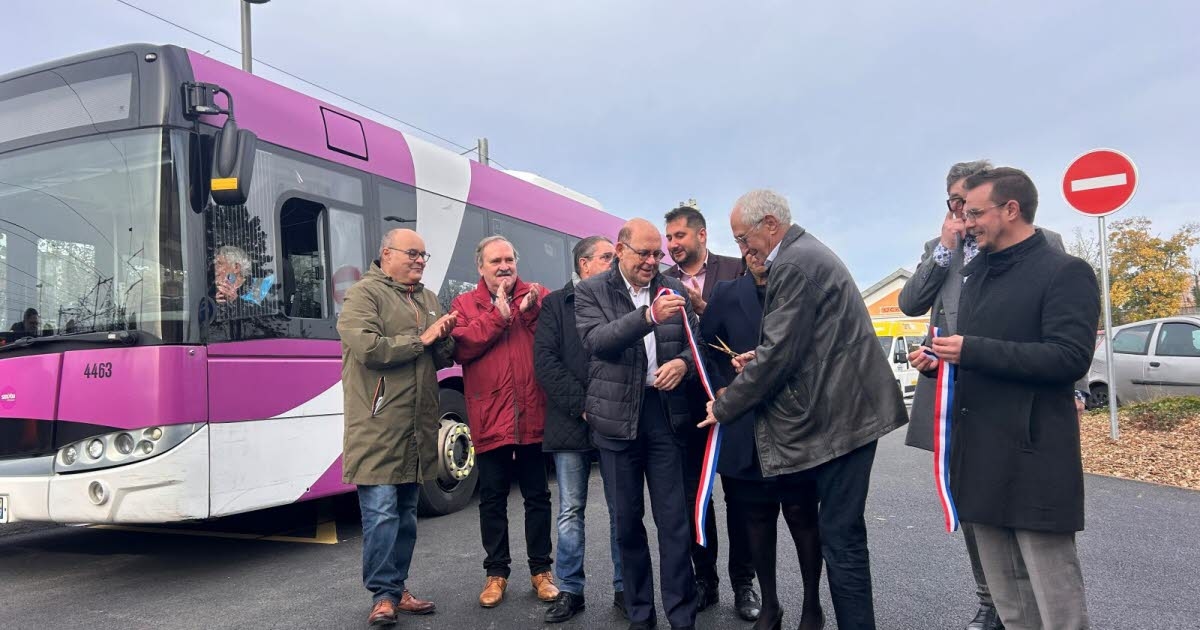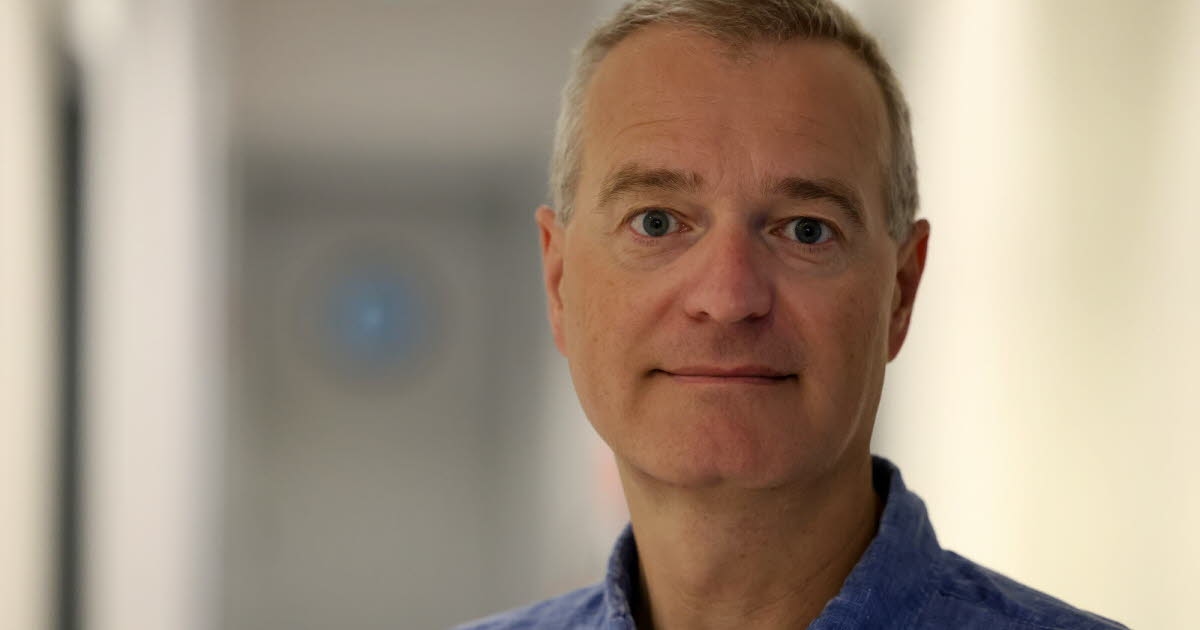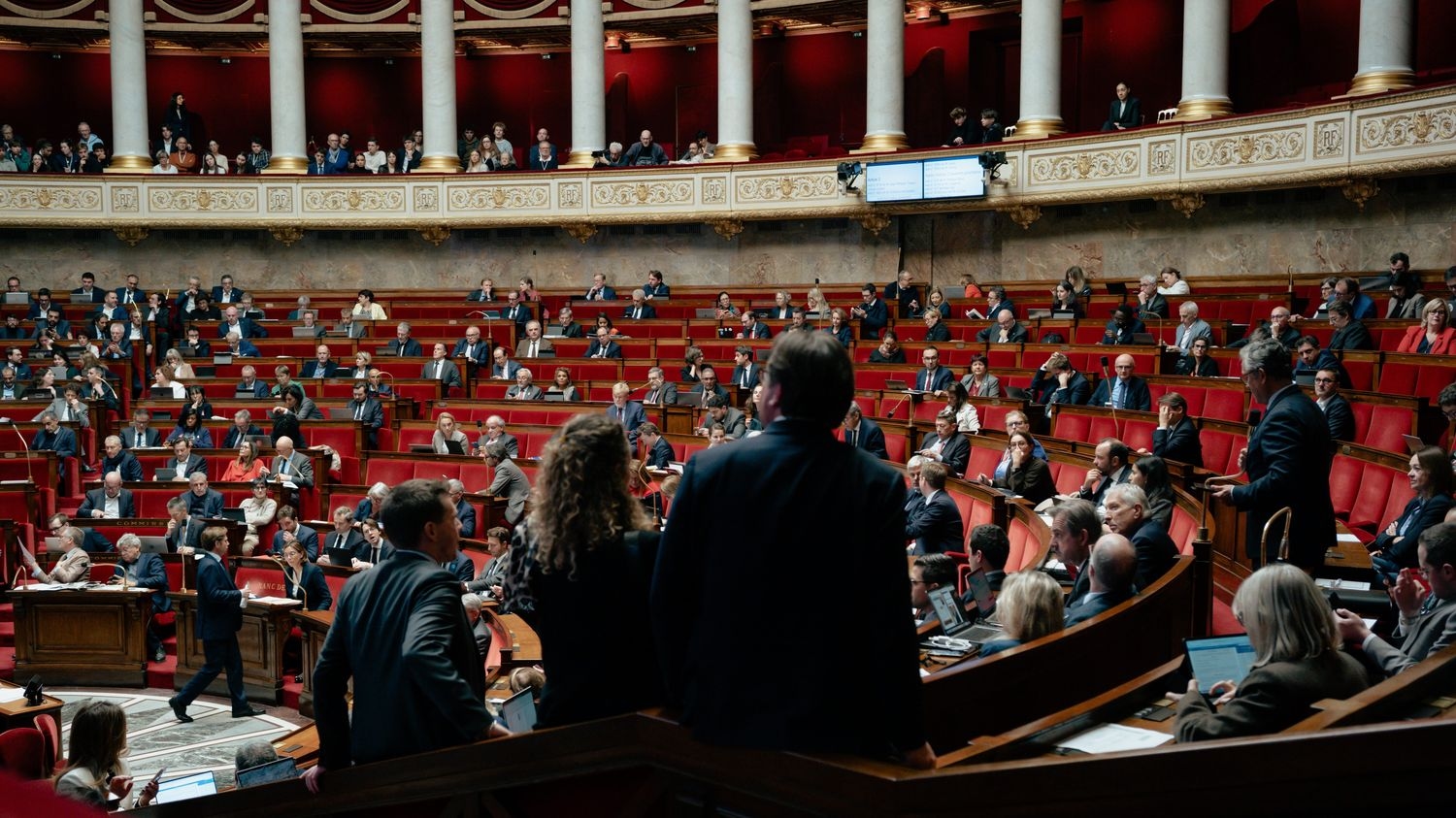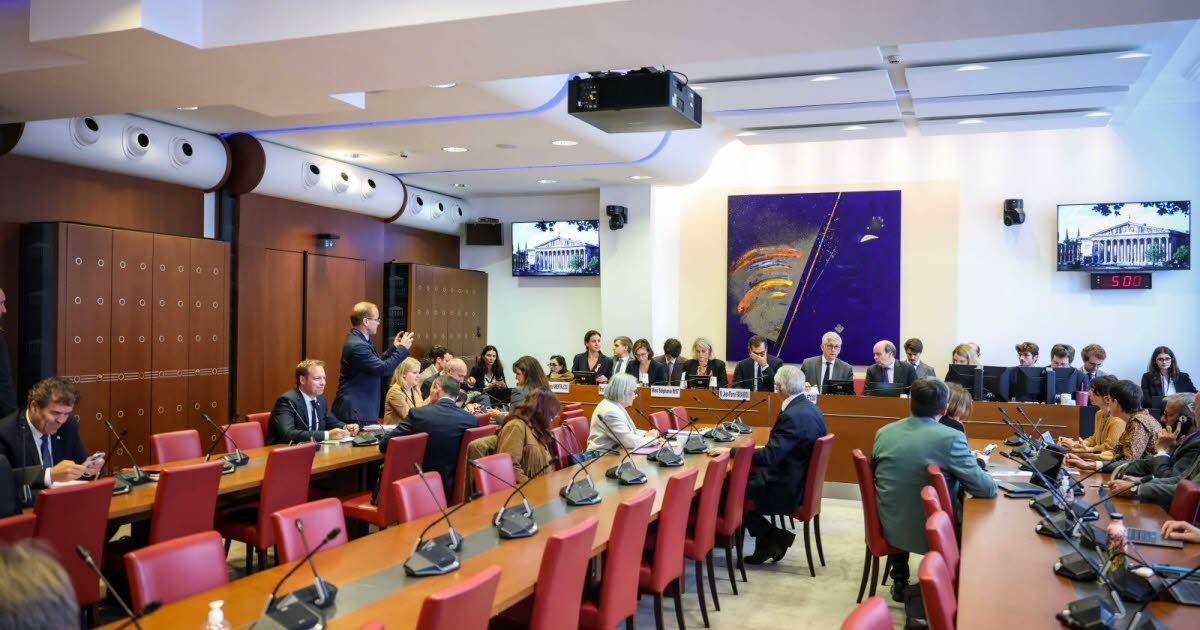The Greatest Threat to Election Day Is Also the Least Popular Policy in America

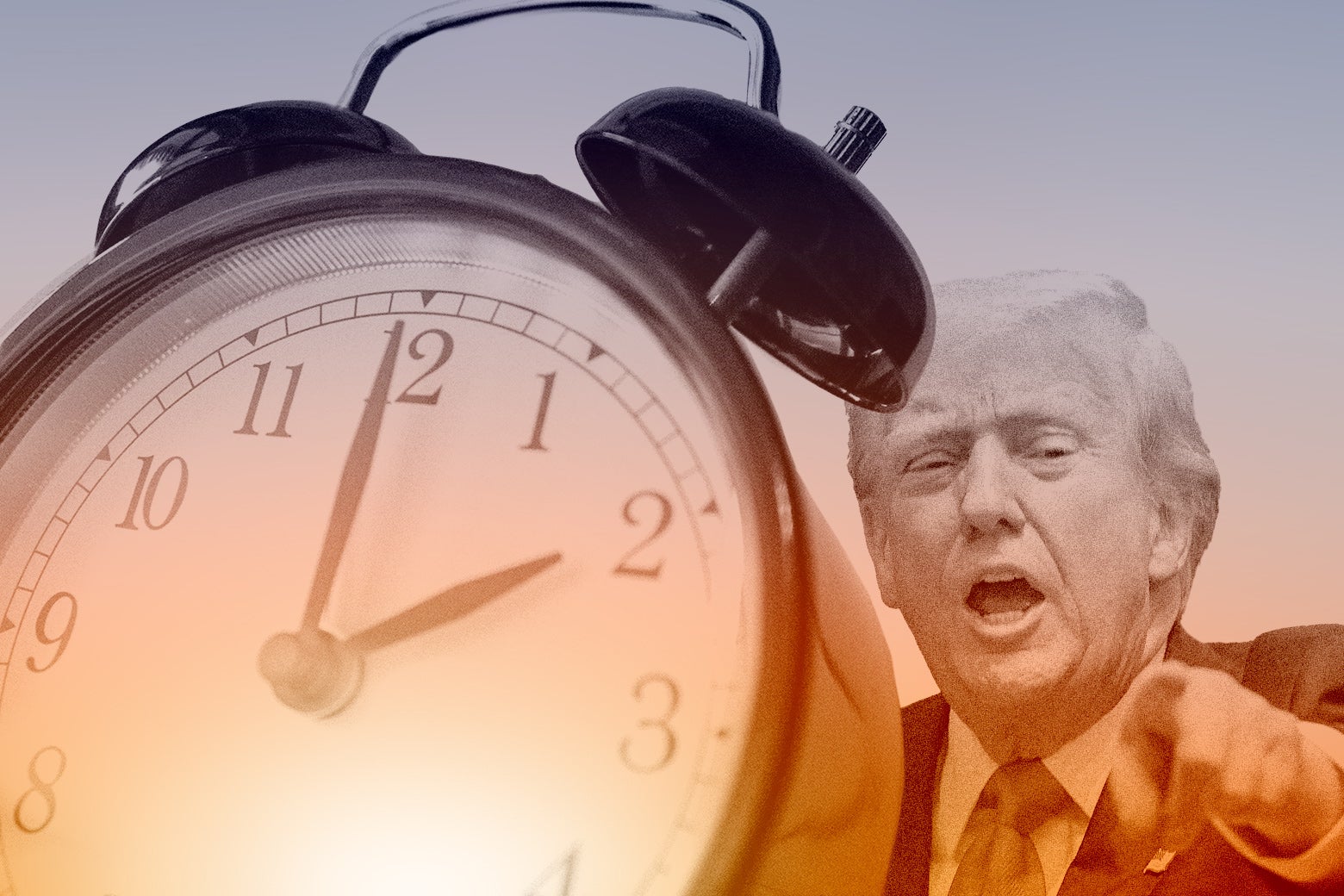 (min-width: 1024px)709px,
(min-width: 768px)620px,
calc(100vw - 30px)" width="1560">
(min-width: 1024px)709px,
(min-width: 768px)620px,
calc(100vw - 30px)" width="1560">Sign up for the Slatest to get the most insightful analysis, criticism, and advice out there, delivered to your inbox daily.
Every fall, Americans are plunged into darkness an hour earlier when the clocks turn back at the end of daylight saving time. Many see the beginning of standard time as a mild annoyance. Sun lovers view it as the unfortunate start to a season of afternoon sunsets. Parents, as I can now attest, experience it as sleep-wrecking proof that the human construct of time is no match for the anarchy of toddlerdom. But I am convinced that our annual “fall back” is something worse than all of these things: not just an inconvenience, but an act of state-sponsored vote suppression.
In fairness, it does not appear that anyone responsible for our current clock-management regime intended to create this insidious side effect. The unfortunate situation arose after Congress extended DST in 2005, adding three weeks in the spring and one week in the fall. There is credible evidence that legislators added that bonus week in autumn at the behest of candy companies, which believed that children would consume more treats on Halloween if the sun stayed out an hour later. But this change had an unintended consequence: November elections are almost always held on the Tuesday after we set our clocks back, thrusting voters into darkness an hour earlier, confusing our circadian rhythms.
You may not notice this—but perhaps, on some level, you do? Every presidential election since 2005's DST expansion has arrived two days after the time change. Have you ever felt, walking to the polls or watching returns, that it's oddly black, bleak, depressing outside? Are your memories of Election Days past (I'm looking at you, 2016) set against the backdrop of too-early nightfall that seems, frankly, like the end of the world? Mine certainly are. And I think this torpor is having an impact on voters that could depress turnout and swing elections.
The problem is straightforward: Extensive research shows that the end of DST exacerbates depression and anxiety . That's because the time change disrupts our internal clocks, which—unlike gullible phone clocks—are not so easily tricked into believing that an entire hour has vanished in an instant. Our circadian rhythms are thrown out of sync, causing the body to release too much cortisol in the evening and too little in the morning. The resulting hormonal imbalance is linked to depressive episodes and appears to worsen a broad range of mood disorders, fatigue, and substance abuse. One study found that hospitals treated about 11 percent more cases of depression just after the fall time change. (There was no such increase after the spring switch back to DST.) All of this feels intuitive given the ghastly vibe shift on that first Monday back in standard time, when the government could spare a lot of family drama and workplace conflict by dumping Wellbutrin straight into the water supply.
It seems obvious if not indisputable that people in the throes of a major depressive episode or anxiety attack are less likely to vote. When the dread gremlin pokes your frontal lobe with a carving fork, isn't filling in bubbles at a fluorescent-lit school gym ( triggering !) just about the last thing you'd like to do? Even if you already have a ballot at home, do you honestly want to sit down at a table and slog through the endless list of candidates and (especially for the beleaguered Californians among us) byzantine ballot measures? No! You do not want to Google yet another inscrutable proposition about dialysis regulations. You'd rather watch The Summer I Turned Pretty and cry! As the sun sets in the middle of the afternoon and the needling fuzz of depression wraps around your brain, the very notion of expending time and energy to participate in our doomed democracy seems like a sick joke.
Research confirms what common sense suggests: Feelings of despair are linked to lower civic engagement. Individuals experiencing despair vote at lower rates, and communities with higher levels of despair see reduced turnover. The pattern is driven not by chronic depression but by short bursts of poor mental health—exactly the kind of slump that the time change tends to trigger. It stands to reason, then, that a time change known to disrupt mood and deepen despair may be quietly suppressing participation in our elections.
If you don't buy my psychological arguments, there's a simpler fallback: Maybe people are just really damn tired on the first Tuesday after DST and don't have the energy to go to the polls. Timothy Noah posited this theory in the New Republic four years ago, pointing to evidence that we're all a little “impaired” when the alarm “wakes you at what feels like 8 am but is really 7.” Noah noted that traffic accidents appear to spike after the switch because drivers are groggy and thus less vigilant. And he cited a well-known paper by Robert Urbatsch, a political science professor at Iowa State University, that found that turnout rises when Election Day occurs before the clocks move back. (That still occurs about one out of every seven years.) Urbatsch's findings imply that a meaningful number of Americans may sit out elections just after the time change because they are too exhausted to care.
And if that doesn't convince you, consider a more mundane possibility: Perhaps people are simply less inclined to drive or walk to the polls later in the day, when it's already dark outside. Sure, many Americans now vote early, or by mail, but plenty still show up in the waning hours of Election Day. And it is well established that rain, snow, and other kinds of bad weather can depress in-person turnout. Walking or driving in the dark is objectively more dangerous than doing either in the daytime. It's hardly a stretch to think that pitch-black darkness at a freakishly early hour could similarly deter would-be voters, out of either sloth or self-preservation. In a close election, that margin could make the difference.
Now that I have made the (kind of) data-based case that our current calendar is inadvertently suppressing the franchise, I cannot resist speculating about the less-measurable effects of our preelection clock switch. Namely: Might it benefit Republicans? In recent years, after all, Donald Trump's Republican Party has campaigned on a disturbing vision of the United States as a violent and depraved hellhole, deploying caustic rhetoric designed to capitalize on voters' fears of national decay. Democrats, by contrast, have turned to sunny Americana: Kamala Harris' 2024 campaign was all optimism and light , presenting a forward-looking message of renewal, hope, and collective purpose. The Brookings Institution found that the candidates' perspective largely mirrored that of their voters: Republicans tend to have a darker, more fear-based worldview, while Democrats lean toward positivity and empathy.
In light of this stark divide, isn't it plausible that our fall time change helps the GOP win elections by provoking depression, anxiety, and other mood disorders at exactly the right time? I fear that Americans gripped by clock-induced despair may prove more susceptible to Republicans' message that our nation is, indeed, an embarrassing “ disaster ” that they alone can fix . The party has mastered the art of the catastrophe campaign, warning citizens of certain doom for them and their families if the Democrat prevails. Undecided voters who feel drained, hopeless, and unmoored seem more likely to respond to messages of crisis and control, to reach for the candidate who promises safety, strength, and vengeance. Republicans don't need to manufacture despair; they just have to harness it. And year after year, the calendar conspires to help them.
If I am correct, then fixing this predicament is nothing less than an imperative for our democracy. And yet I see little hope of resolution, largely because the broader debate over daylight saving time is weirdly toxic and confused . The vampiric scolds at the American Academy of Sleep Medicine recommend abolishing DST altogether , but that would condemn voters to dark election nights in perpetuity. The Senate tried to make DST permanent in 2022, and though that would give us sunny Election Days, making this change failed miserably when we attempted it in 1974.
The cleanest option may be to persuade Congress to push the time change back another week so it never precedes our pilgrimage to the polls. But that would require a corporate lobby as powerful as Big Candy with a financial stake in keeping the sun out through early November. (The patio-furniture industrial complex?) The important thing is that this fight not turn into a Democratic crusade for better ballot access. Because if Republicans embrace the premise that the current arrangement works in their advantage, they'll insist that the survival of the republic itself depends on keeping us in the dark.
 Sign up for Slate's evening newsletter.
Sign up for Slate's evening newsletter.
